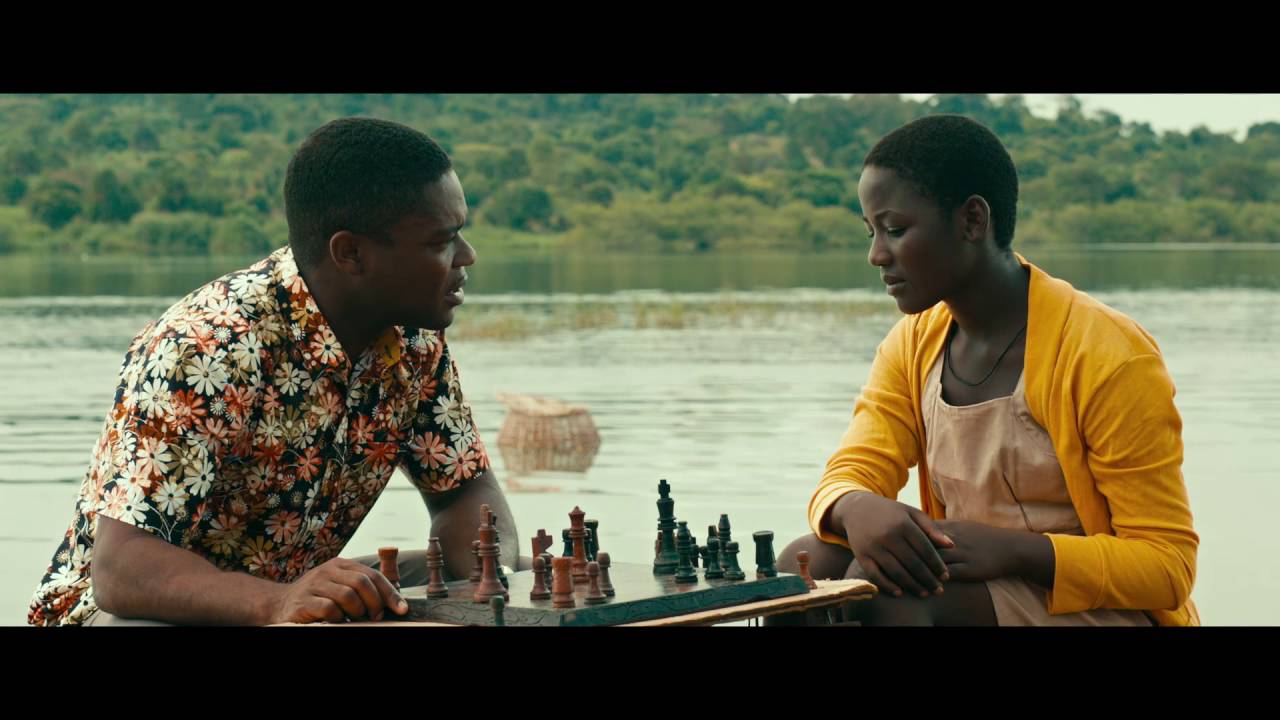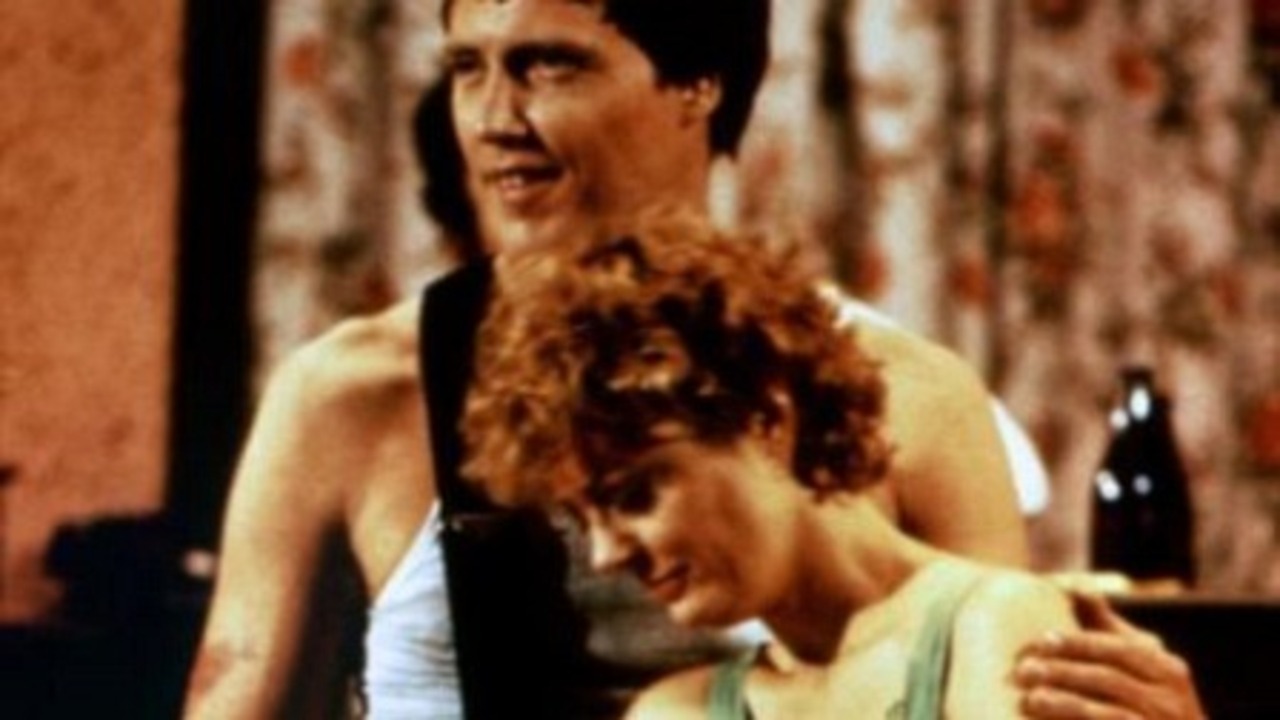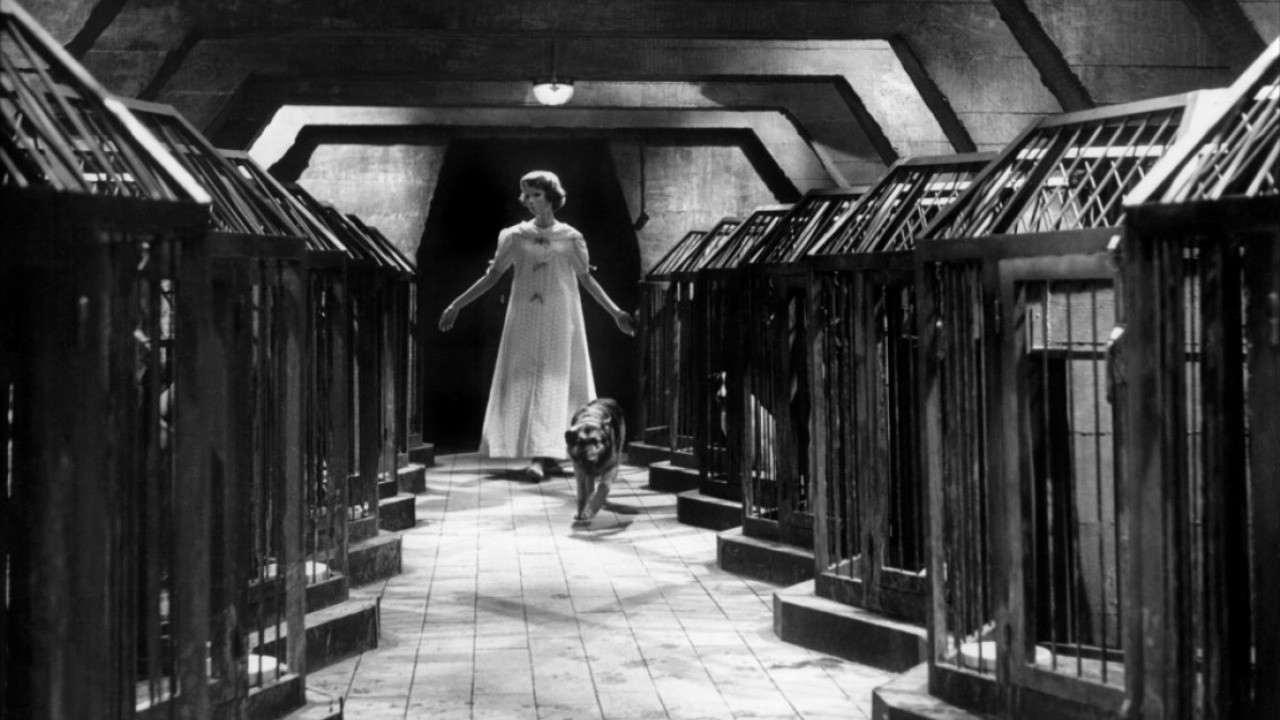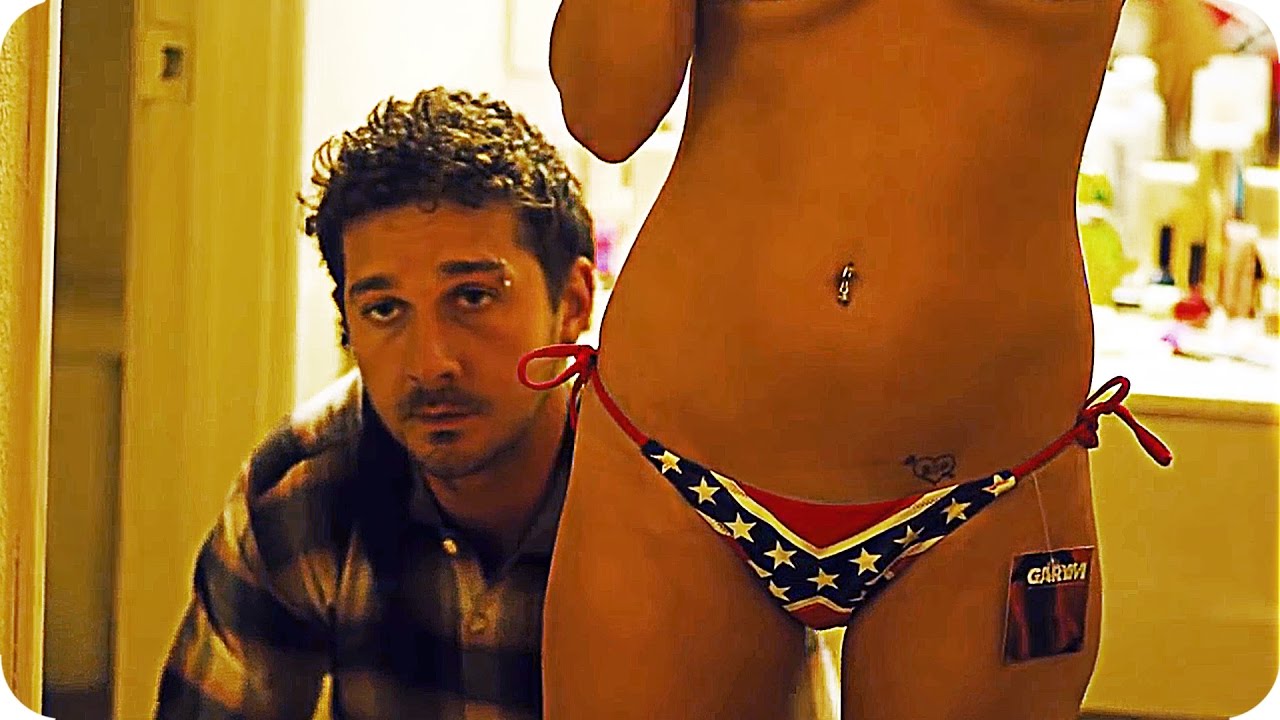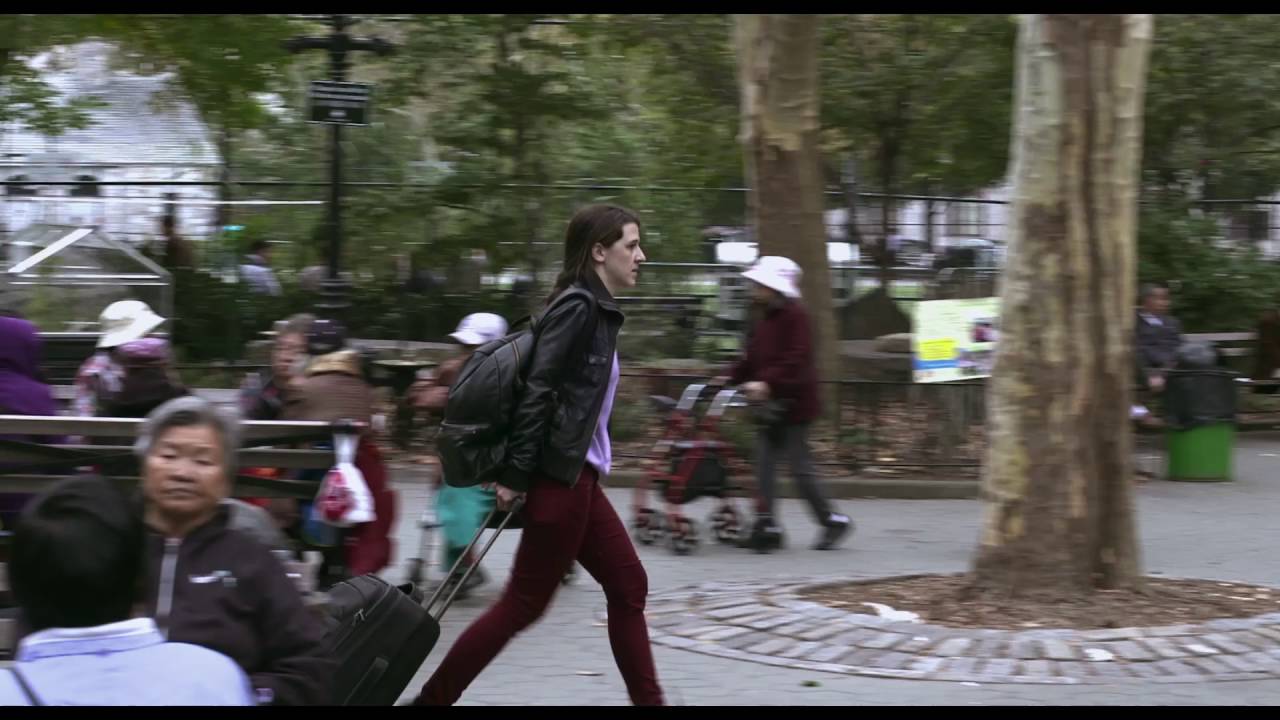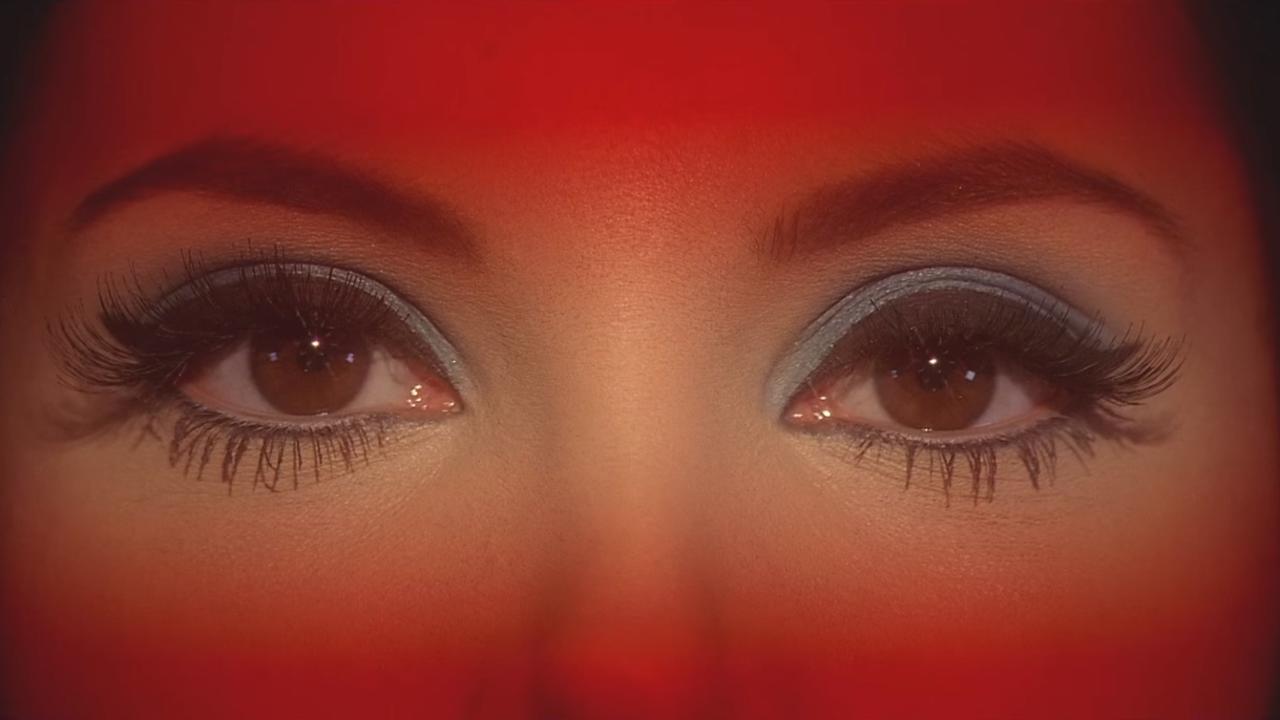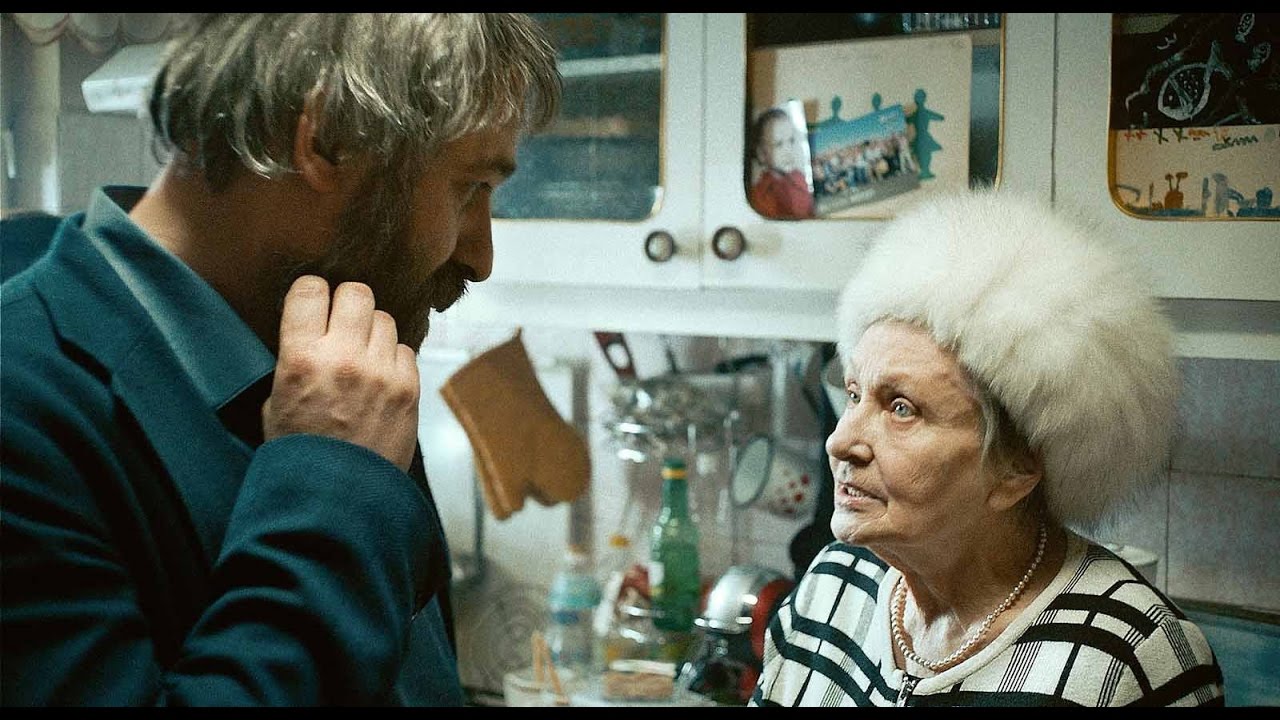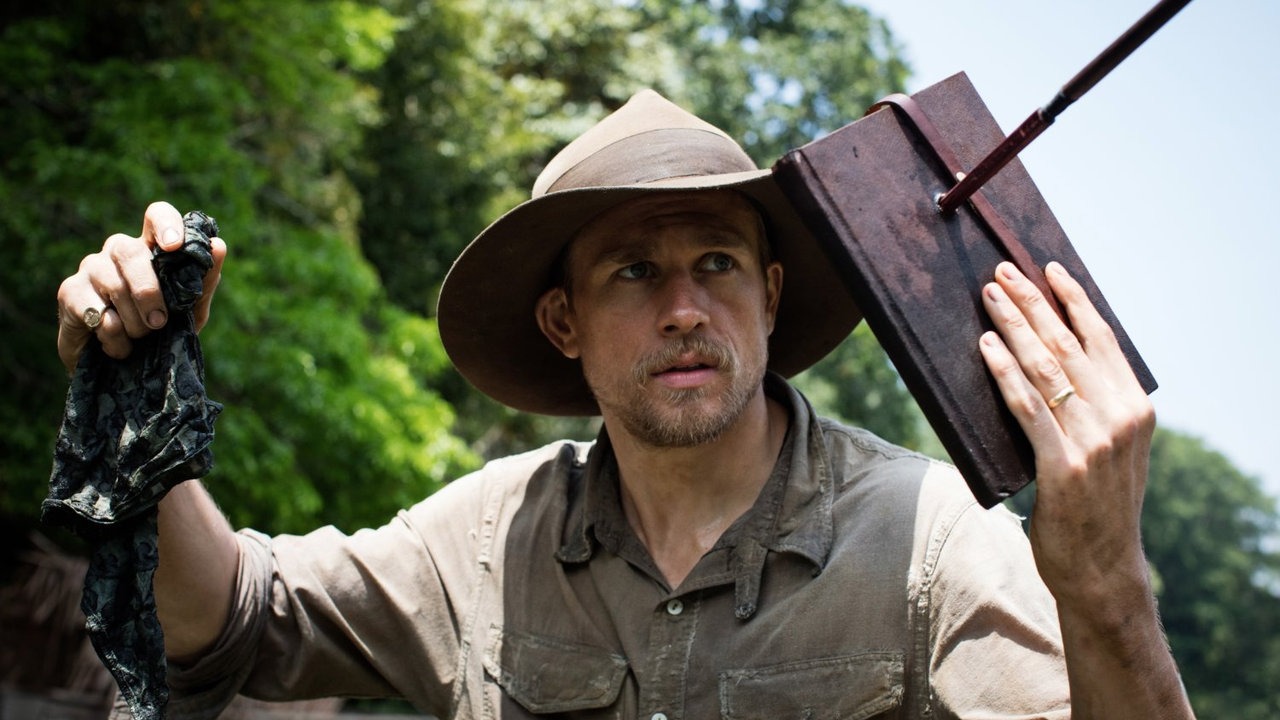Chess is not, shall we say, the most cinematic of games. But Mira Nair’s Queen of Katwe gamely tries to resolve this dilemma with compelling characters, a quietly heroic, underdog narrative, and a whole lot of Ugandan sensibilities and imagery. It mostly works.
Film
When Jonathan Demme died yesterday at the age of 73, the tributes poured out. Not only a prolific and varied filmmaker — a guy who could make an iconic horror movie as easily as the greatest concert film of all time, not to mention studied forays into documentary and slice-of-life realist pictures — but also, by all accounts, a kind, decent human being.
Twenty three years before Billy Idol crooned its title while disconcertingly staring at music video audiences, Eyes Without A Face was a horror masterpiece.
Georges Franju’s unsettling meditation on the uncanny still haunts our films. (Pedro Almodóvar had fun reprising it earlier this decade.
Critical responses to American Honey seem to fall into two camps: those who loved its portrait of outsider culture and female empowerment, and those who felt, in the words of my friend and noted critic Charles Bramesco, that it was”just feral white kids ecstatically and unabashedly screaming the N-word over barely listenable trap-rap.”
The films of Matias Piñeiro are, we are told, above all other things “clever”. Arthouse confections structured, however loosely, as riffs on Shakespeare’s plays, the Argentinian-born director’s works straddle a line between creative reimaginings and film school twee. Hermia and Helena is my first Piñeiro (grain of salt and all that), but if it’s any indication, I’m coming down decidedly on the side of the latter.
The Love Witch is a two-hour MASH-note to bygone genre films, with the blindingly bright color palette of a late 60s cheapie and the stilted dialog to go with it. For producer/director/writer/editor/set and production and costume designer/non-harp-playing harp-music composer Anna Biller, it’s clearly a labor of love: there’s a handmade quality to every aspect of The Love Witch‘s pulp-horror stylings, and a witty, feminist self-awareness.
Sieranevada is a chronicle of false starts and interruptions. Clocking in at nearly three hours and rarely venturing out of a single, cramped apartment, writer/director Cristi Puiu‘s ultra-realist epic of Romanian family dysfunction is simultaneously hilarious and insufferable, filled with complicated interpersonal back-stories, old grudges, and meals that can’t seem to get started.
Lee Morgan was only a teenager when he exploded onto the bop scene, a cocky but undeniably talented kid ably sharing the stage with Dizzy Gillespie. He played alongside his friend Wayne Shorter in Art Blakey’s legendary Jazz Messengers, basically defining Blue Note’s hard bop sound at the time.
When The Lost City of Z was screened earlier this week at the San Francisco International Film Festival, director James Gray took to the stage to briefly introduce it.
After some kind words about our fair city and an enthusiastic celebration of the communal theater experience he holds so dear, Gray closed it out by saying:
Well, that’s probably enough.
Brillante Mendoza‘s films, social realist to the core, tend to focus on marginalized people in Manila struggling to get by in gritty circumstances. The prolific Filipino auteur (24 credits in 11 years) won the Best Director award at Cannes for his Kinatay, and the electrifying Ma’ Rosa continues in a similar thematic vein.

